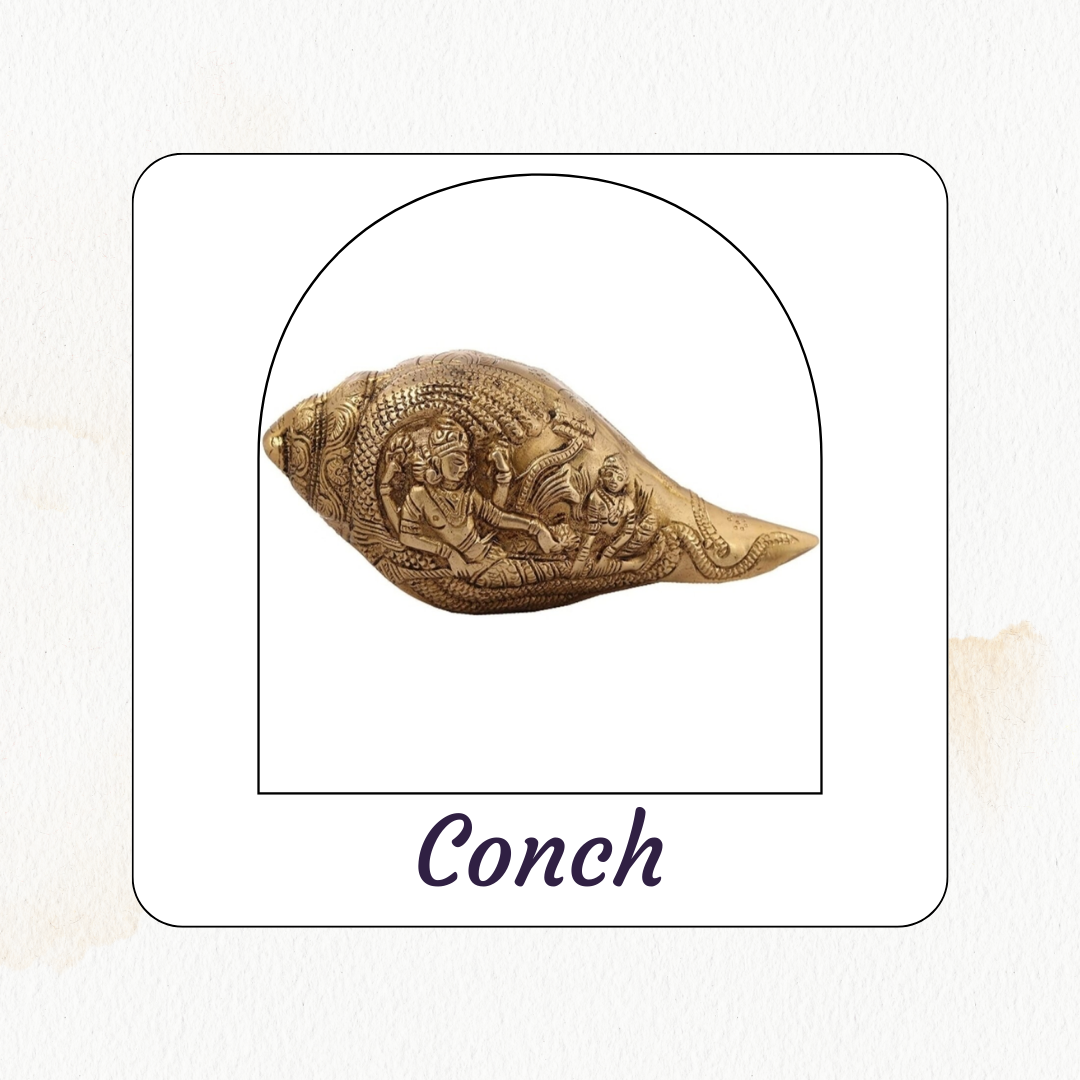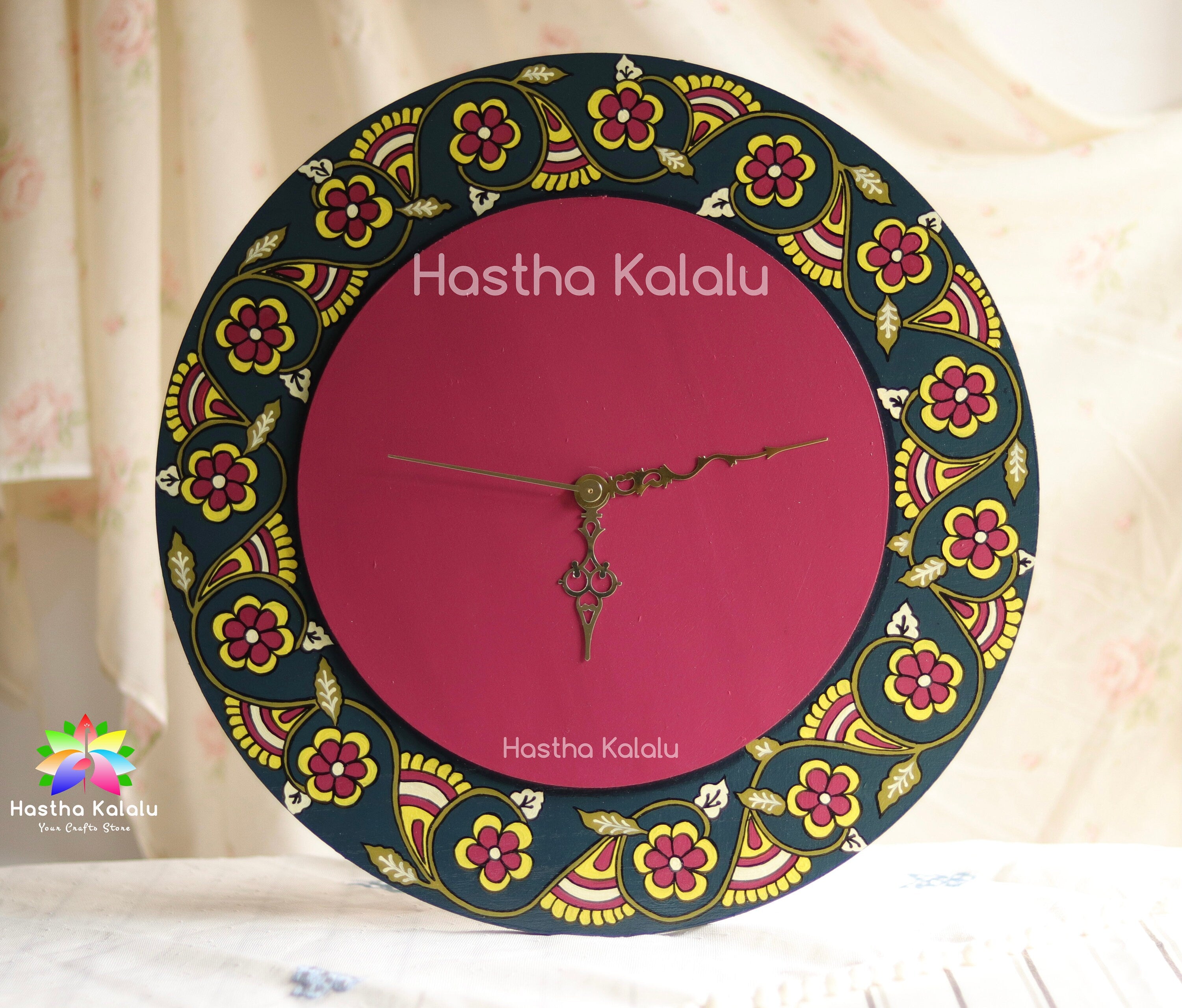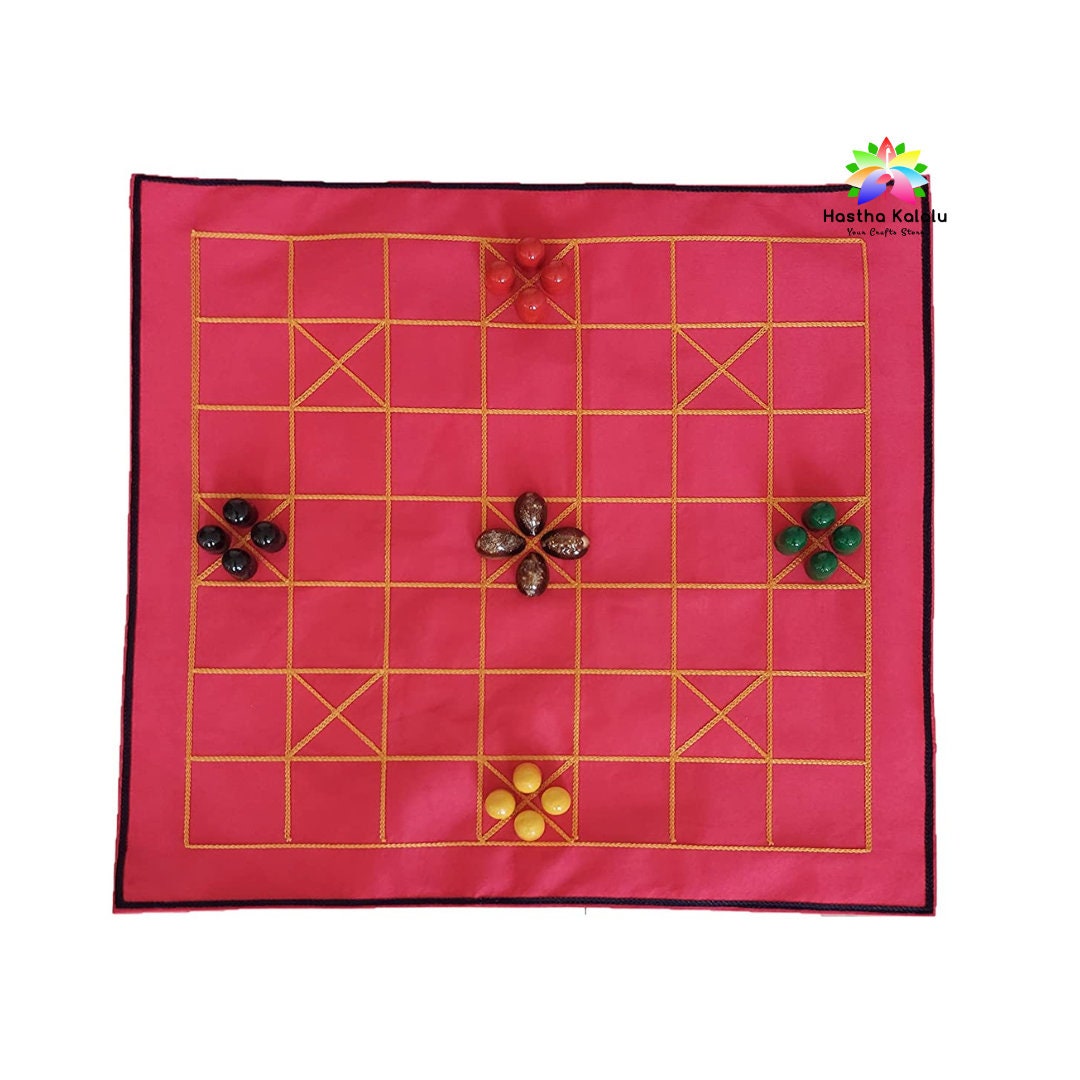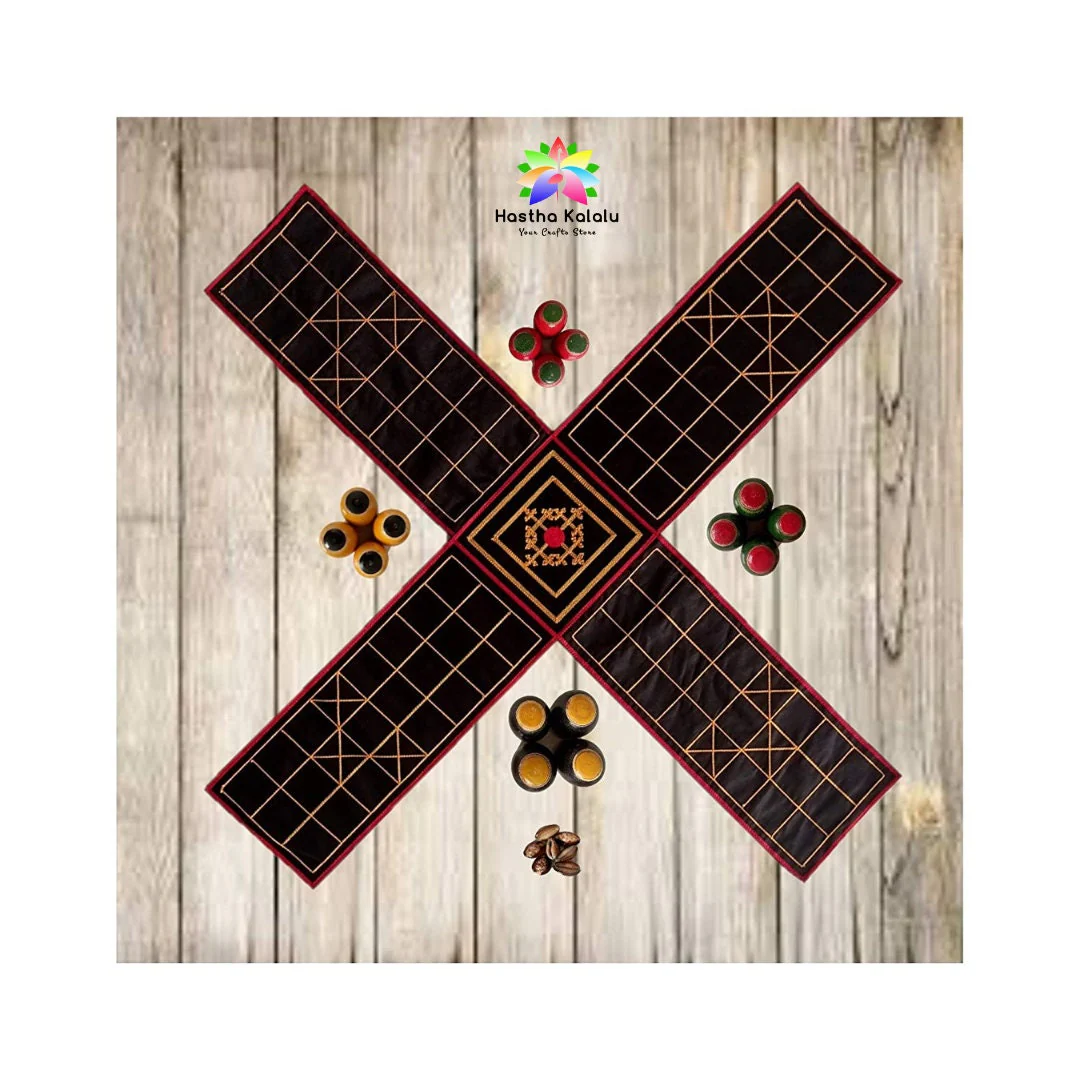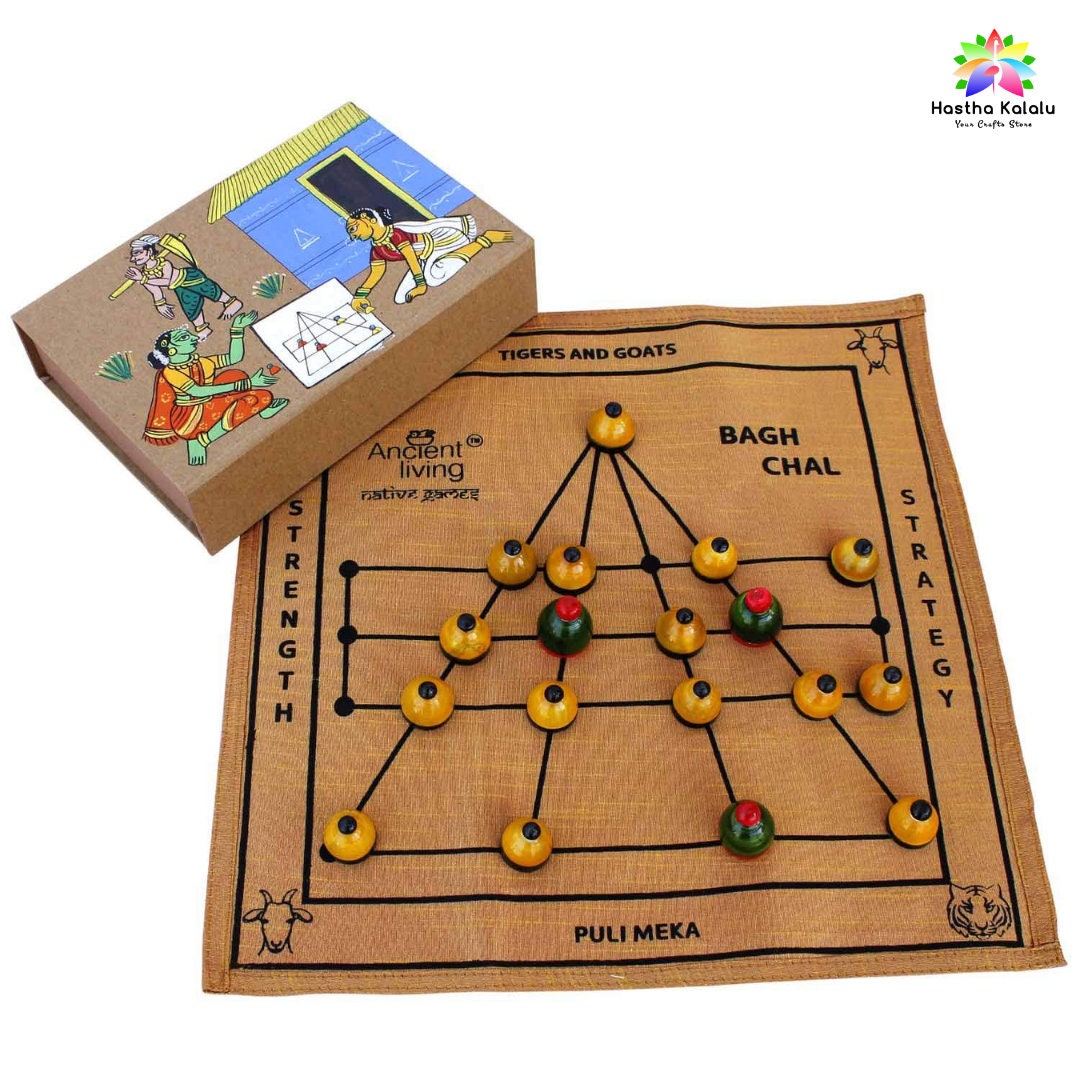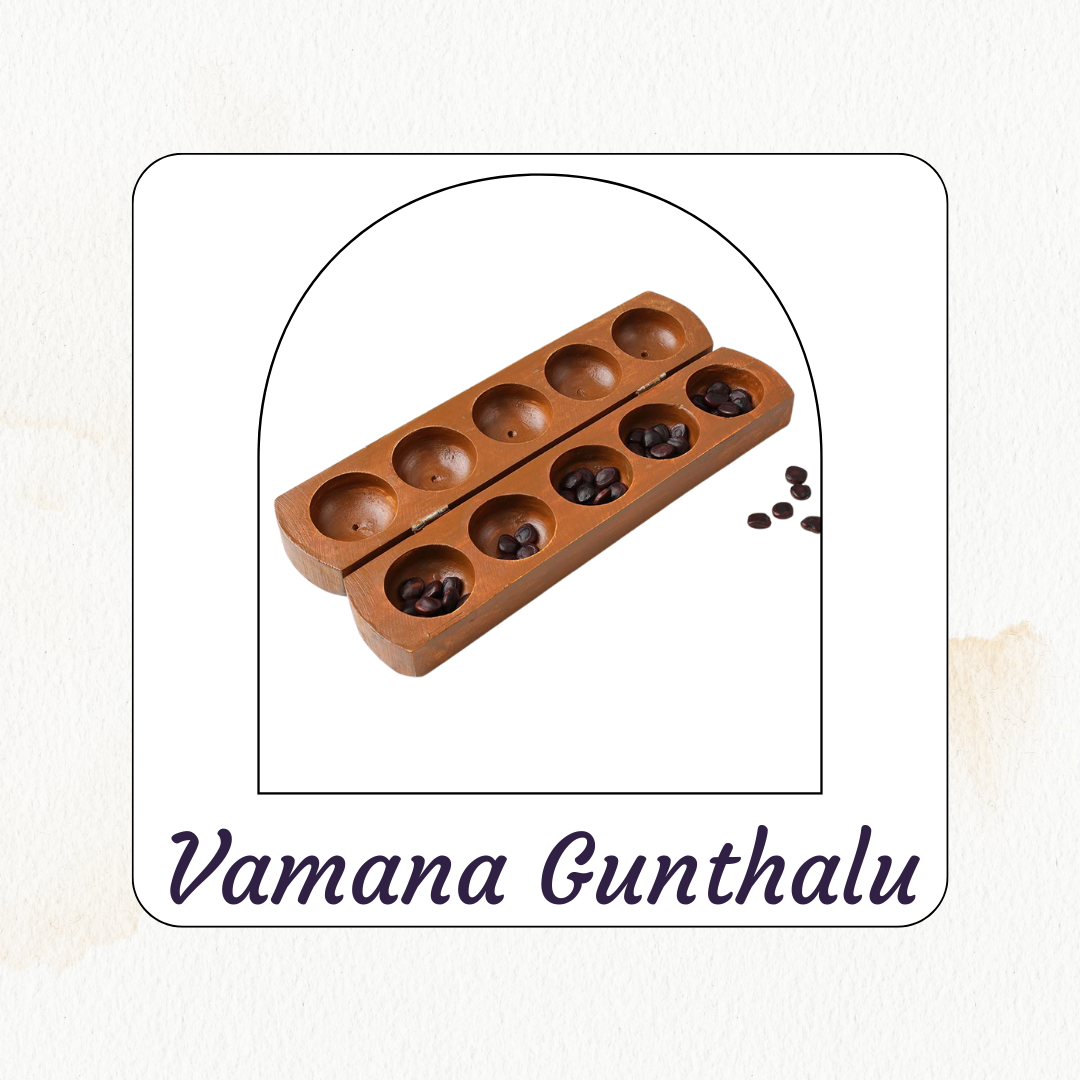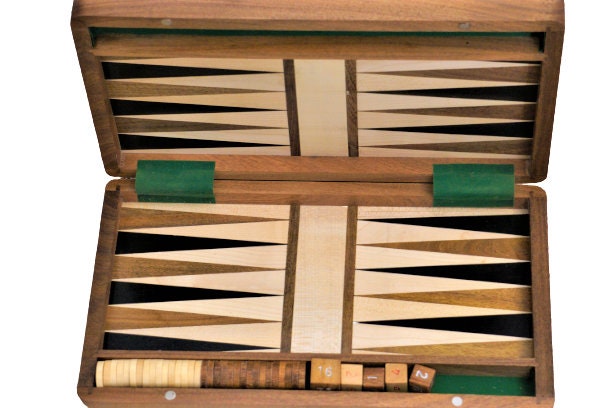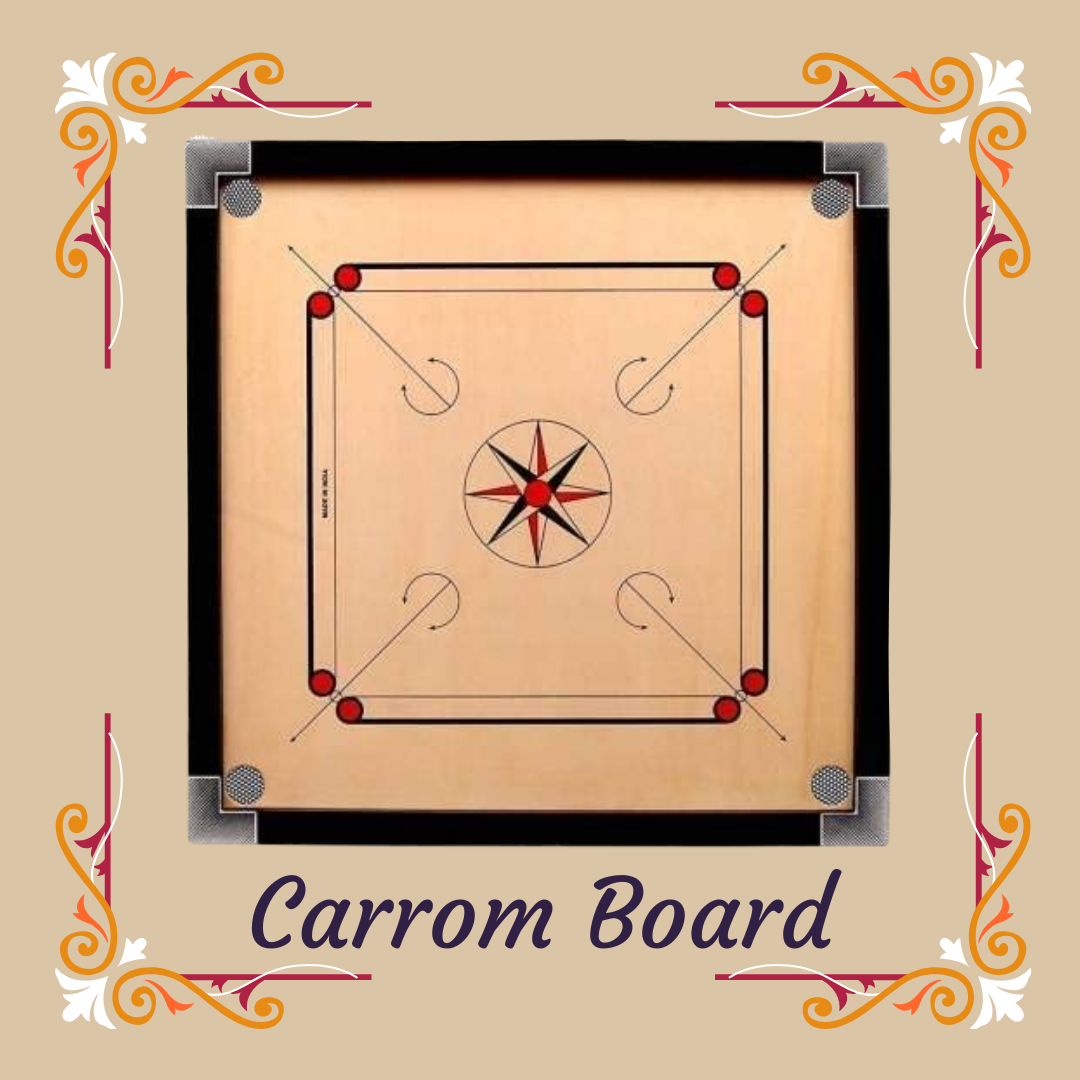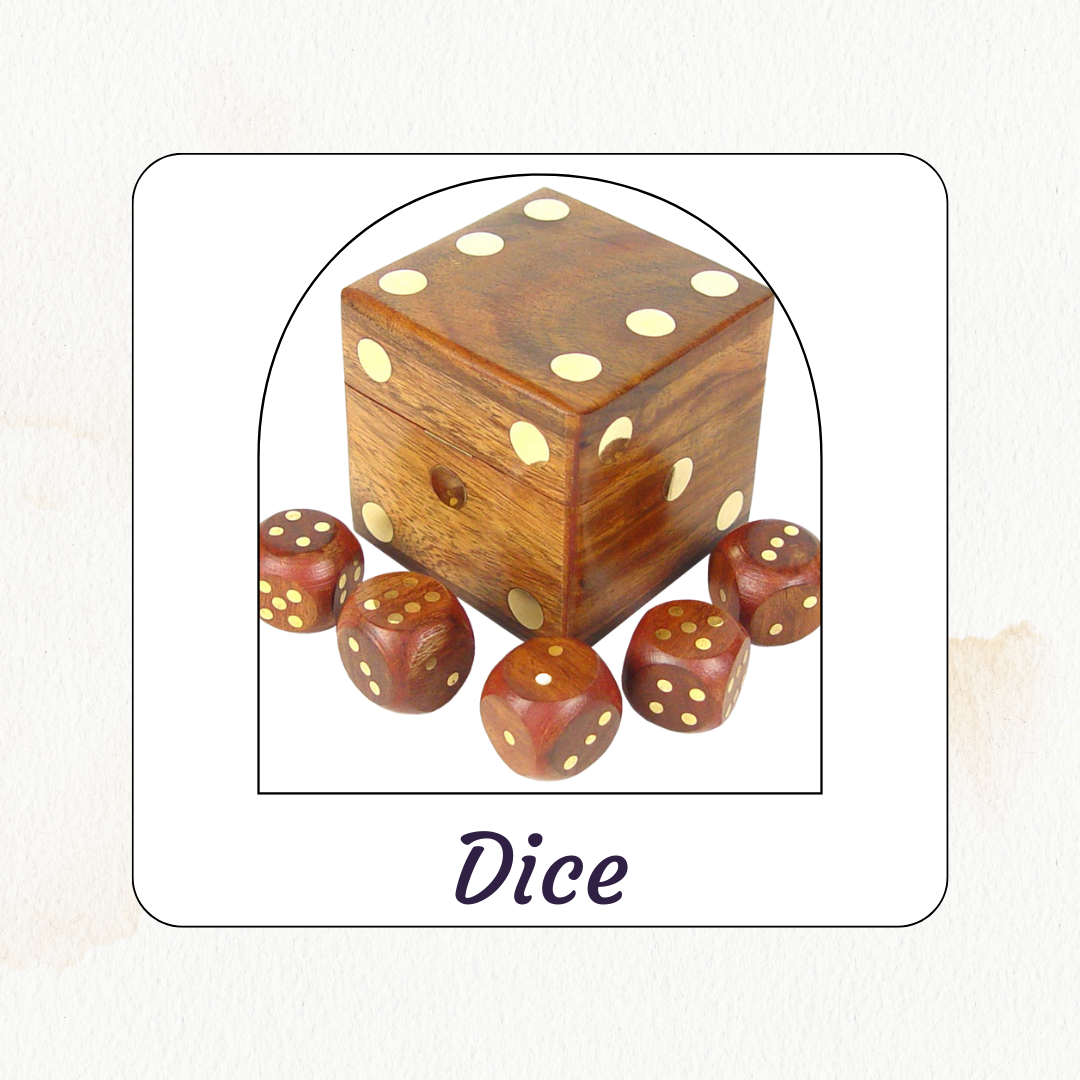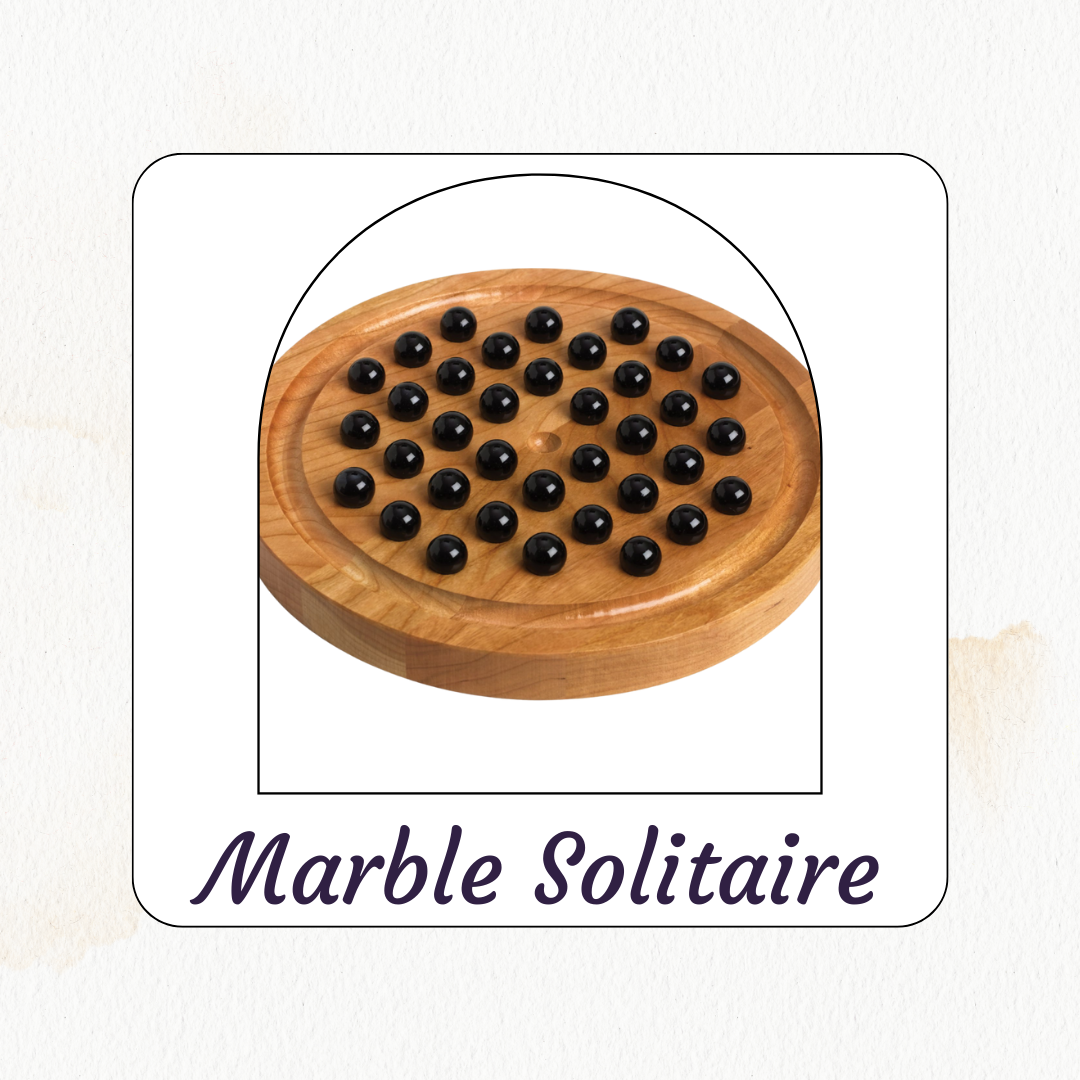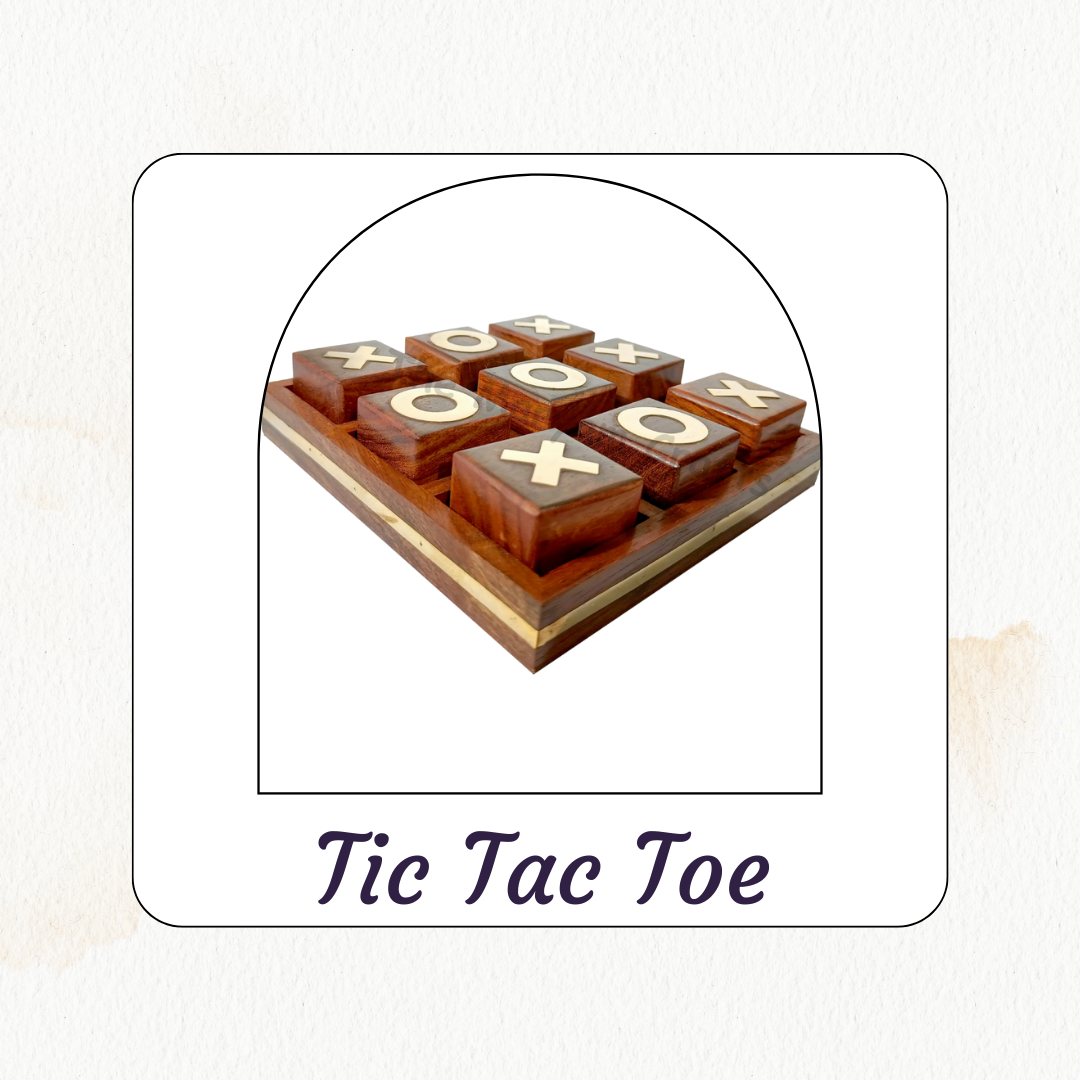In an era of mass-produced kitchen gadgets and disposable utensils, brass and copper kitchenware stand out as a timeless and elegant alternative. While stainless steel has become a kitchen staple, the unique properties of brass and copper offer compelling advantages for both health and culinary experiences. Let's delve into why these metals deserve a second look.
Health Benefits: More Than Meets the Eye 🤩
-
Antimicrobial Properties: Both brass and copper possess natural antimicrobial properties, making them less hospitable to harmful bacteria and viruses. Studies have shown their effectiveness against common pathogens, including E. coli and Staph. This can contribute to a safer kitchen environment.
-
Trace Mineral Supplementation: While the amounts are small, using copper utensils can introduce trace amounts of copper into your diet. Copper is an essential mineral that plays a role in immune function, iron absorption, and collagen formation.
-
Ayurvedic Tradition: In Ayurveda, the ancient Indian system of medicine, copper and brass are believed to have balancing and healing properties. Water stored in copper vessels overnight is thought to improve digestion and boost immunity. It's believed that using brass vessels for daily meals and water can enhance immunity and purify the food. 🛡️
-
Germicidal Properties: Brass utensils have been found to possess germicidal properties, effectively killing microorganisms upon contact. This helps create a more hygienic environment for food preparation and consumption. 🦠
-
Enhanced Digestion: The alkaline nature of brass is believed to aid digestion by neutralizing excess stomach acid, potentially relieving digestive discomfort. 🧘♀️
-
Trace Minerals: Cooking in brass utensils can introduce small amounts of essential trace elements like copper and zinc into your food, supporting various physiological processes, including immune function and enzyme activity. 💪
-
Healthy Hair and Glowing Skin: The copper in brass may help regulate blood flow, promoting a natural glow in your skin. The zinc content can also contribute to healthier hair and skin. ✨
-
Immunity Boost: The zinc present in brass is known to support immune system function, helping you stay healthy.
Culinary Advantages: Enhancing Flavor and Performance 🍽️
-
Superior Heat Conductivity & Even Distribution: Copper, in particular, is renowned for its exceptional heat conductivity. This translates to quicker and more even heating, allowing for precise temperature control during cooking. Brass also conducts heat well, though not to the same extent as copper. This even heat distribution prevents hot spots, ensuring your food is cooked consistently without burning. 🔥
-
Reactivity with Food: Copper can react with acidic foods, so it's often lined with tin or stainless steel for cooking purposes. However, this reactivity can also be an advantage. For example, beating egg whites in a copper bowl can create a more stable meringue due to the interaction between copper ions and egg proteins.
-
Non-Stick Properties: When seasoned properly, copper cookware can develop a natural non-stick surface. Brass, too, can develop a patina over time that acts as a natural non-stick coating, reducing the need for excessive oil or fat. 🍳
-
Heat Retention: Brass is an excellent conductor of heat and retains it well, keeping your food warmer and flavorful for a longer duration. 🔥
Economic and Environmental Considerations 🌱💰
-
Durability and Longevity: Brass and copper kitchenware are incredibly durable and can last for generations with proper care. This is a stark contrast to cheaper, disposable utensils that contribute to landfill waste. Brass is wear and tear-resistant, maintaining its brightness and resisting scratches and wrinkles for decades. 💪
-
Resale Value: High-quality copper cookware can even appreciate in value over time, making it a potential investment.
-
Reduced Waste: By opting for reusable brass or copper utensils, you can significantly reduce your consumption of single-use plastics and other disposable materials. Additionally, brass is highly recyclable, with nearly 90% of all bell metal alloys being reused. ♻️
-
Indoor Air Quality: The efficacy of brass's components can potentially improve indoor air quality, making it a healthier choice for your kitchen. 🏡
Choosing the Right Metal: Brass vs. Copper 🤔
-
Copper: Ideal for cookware due to its unparalleled heat conductivity. However, it requires more maintenance and may not be suitable for all cooking tasks due to its reactivity with acidic foods.
-
Brass: A more affordable and lower-maintenance option. It's suitable for serving utensils, decorative pieces, and some types of cookware. It is also highly durable and can develop a natural non-stick patina over time. 👍
The Aesthetic Appeal of Brass ✨
Brass utensils are not only functional but also visually appealing. They often feature intricate designs and a warm, golden glow that adds a touch of elegance to any kitchen. They are a beautiful blend of tradition and modernity.
In Conclusion 🎉
While the initial investment in brass or copper kitchenware might be higher than stainless steel, the long-term benefits are substantial. These metals offer a blend of health advantages, culinary enhancements, environmental sustainability, practicality, and aesthetic appeal that is hard to match. Whether you choose the warm glow of copper or the classic elegance of brass, incorporating these materials into your kitchen can be a decision you savor for years to come.
Check out this video for more information on the uniqueness of brass and copper utensils!























